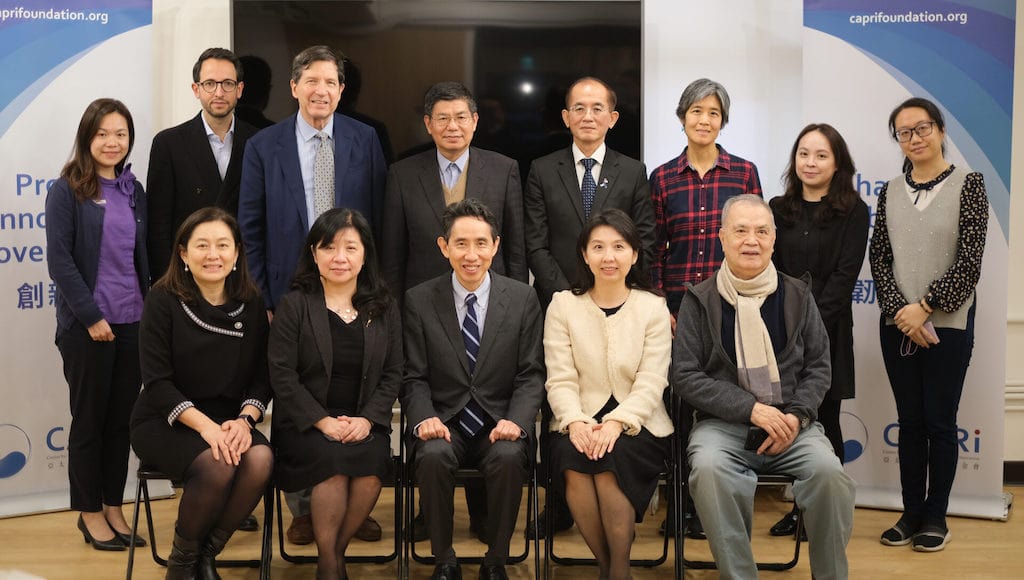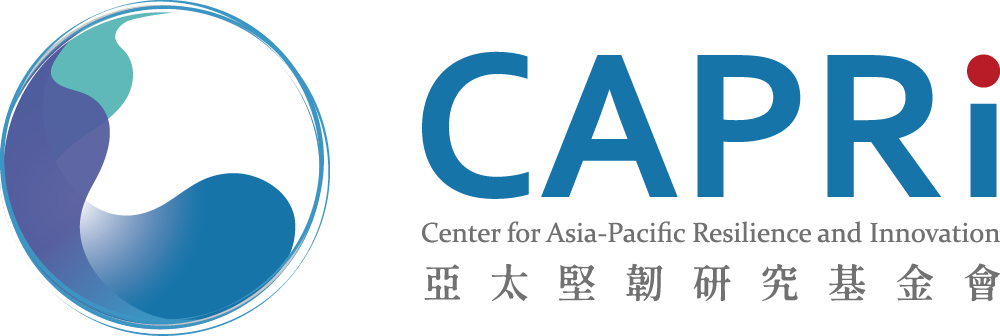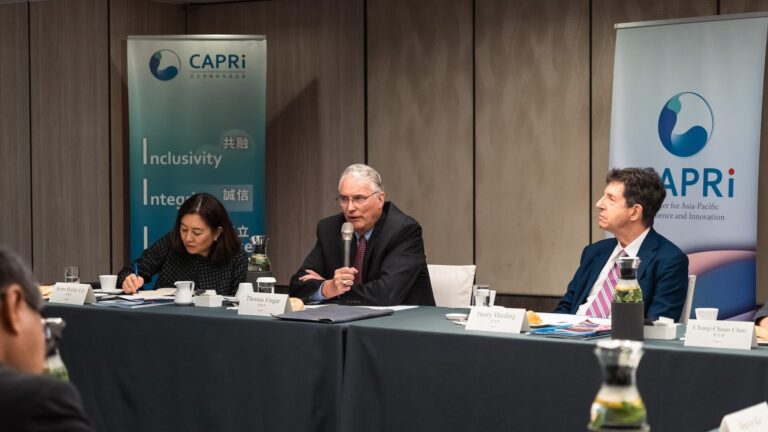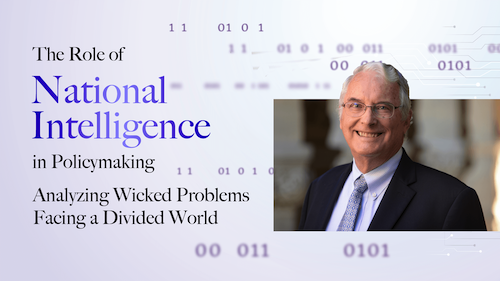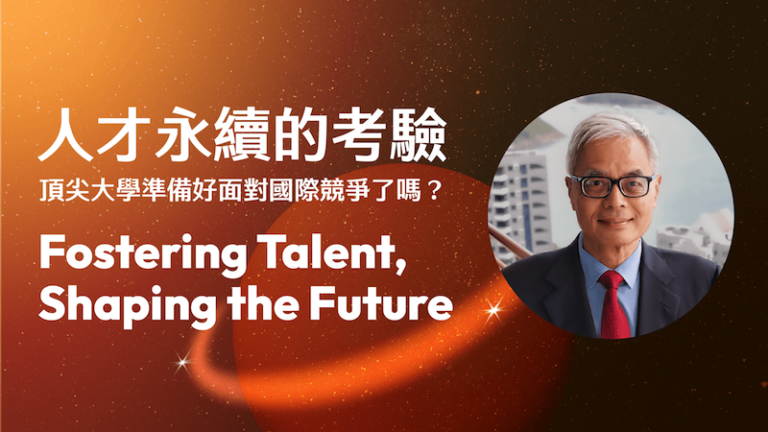Population aging poses challenges to economic and healthcare resilience in high-income societies, especially in East Asia. Many aging societies already face challenges in supporting the physical, mental, and economic well-being of their older populations as well as the younger people who care for them. CAPRI explored this topic with Mr. Nobumasa Ohmori, whose recent book Tatsuoka Group’s Standard in Human Care: A Rich, Full Life, Lived in the Community describes solutions to issues in long-term care in the Japanese context.
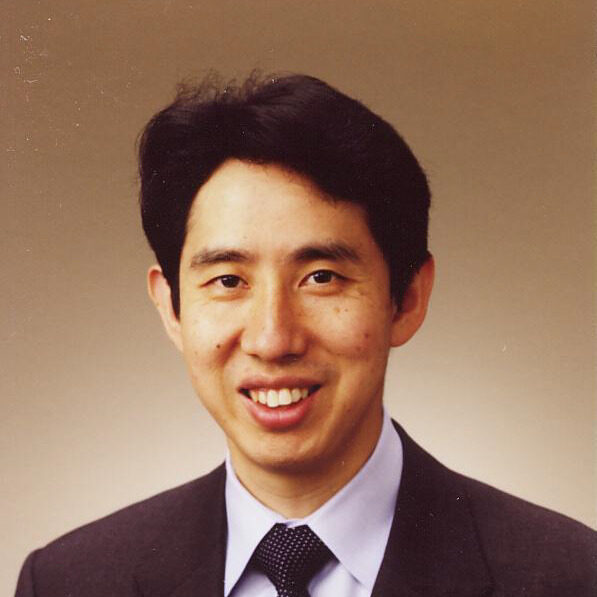
Nobumasa Ohmori
Chair of Tatsuoka Group
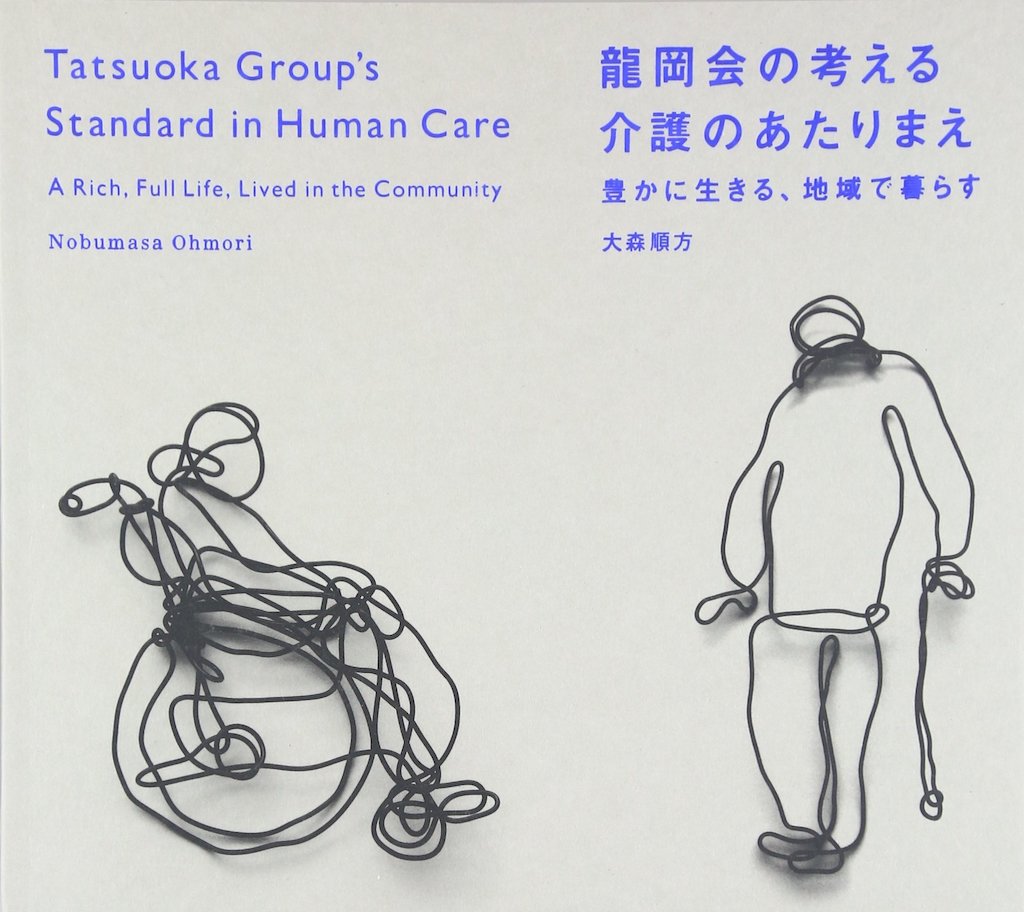
At the first CAPRI Conversations session of 2023, Tatsuoka Group’s chairman and founder Mr. Nobumasa Ohmori discussed his organization’s innovative and holistic approach to healthcare for the elderly population in Japan. In this highly engaging and informative discussion, Mr. Ohmori focused on how Tatsuoka Group has pioneered new approaches to aged care for Japan that can be shared with the rest of the Asia-Pacific region, in line with CAPRI’s mission to gain comparative perspectives that can enhance resilience and promote innovative governance globally.
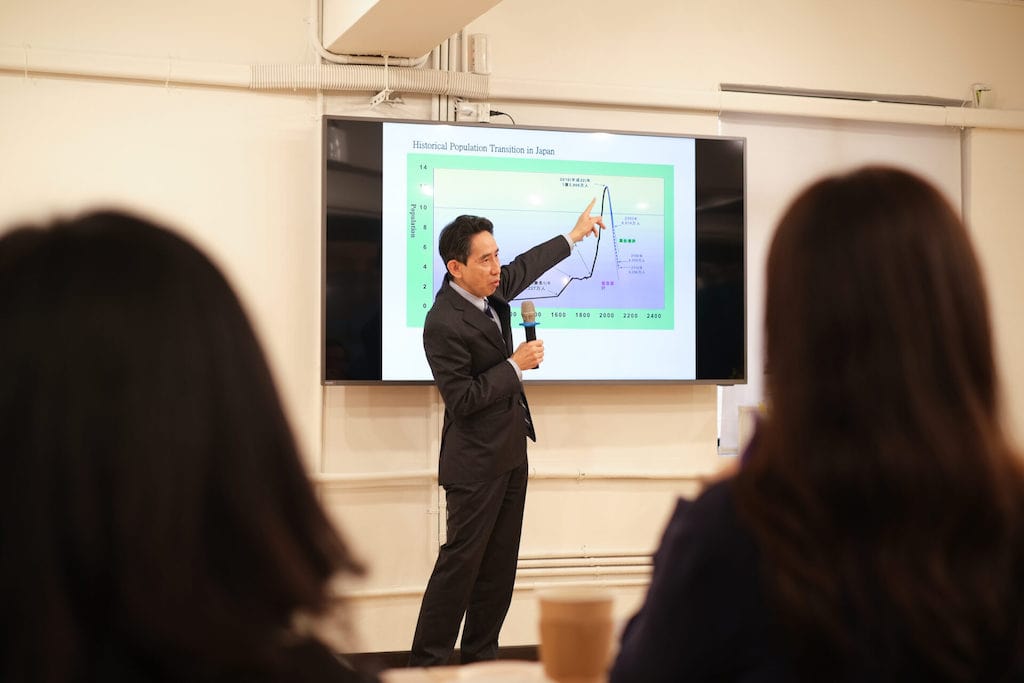
The discussion began with Mr. Ohmori presenting some overarching demographic trends in Japan and the world. Although Japan’s challenges related to its aging society are well documented, other countries in the Asia Pacific are grappling with their own challenges, such as Taiwan’s lack of long-term care insurance and shortage of healthcare workers to care for its growing elderly population. While longer lifetimes represent a great achievement that enables individuals to experience more fulfilling lives, obstacles must be addressed. The main principle of Tatsuoka Group’s human-centered approach to aged care is dignity, reflected in care that is tailored to each individual’s needs and aspirations, as opposed to the “mass care” approach commonplace in many other places worldwide, where all residents receive the same basic care.
Tatsuoka Group’s approach also involves keeping residents—called “guests”—active and engaged with their communities through programming. Fulfilling the guests’ dreams and combating loneliness are top priorities because data show that social relationships, both with other guests and with local community members, are key in maintaining mental and physical health as we age.
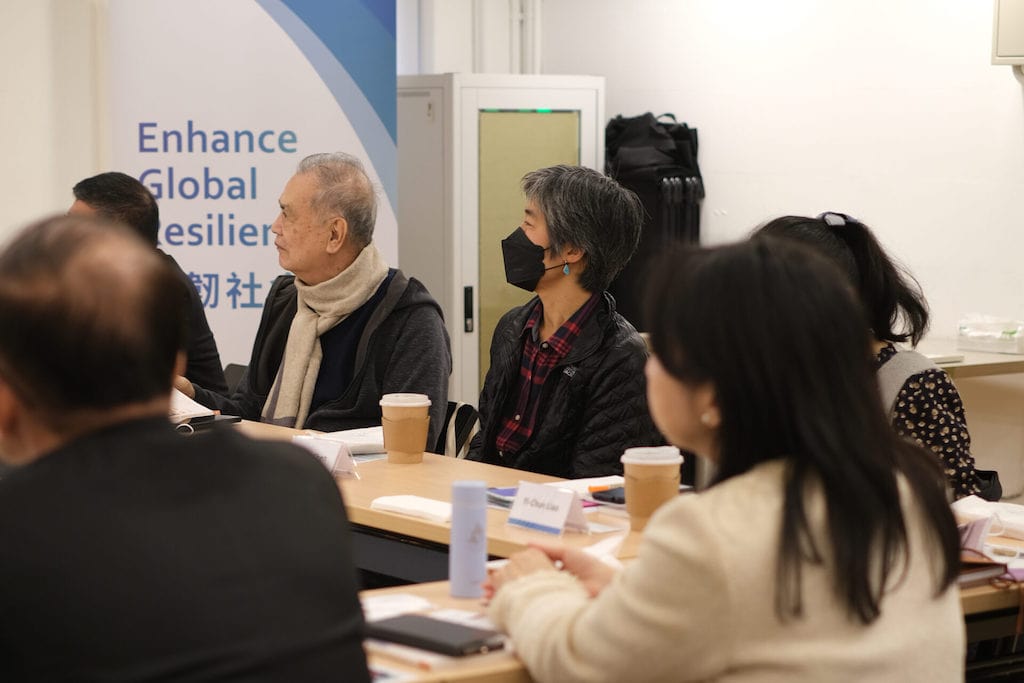
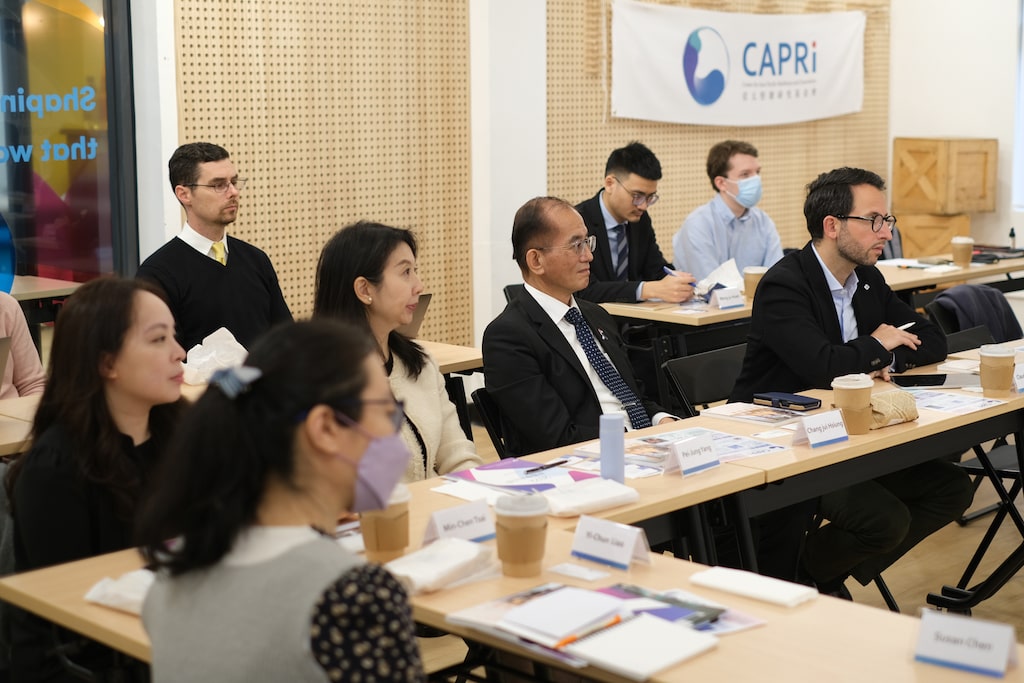
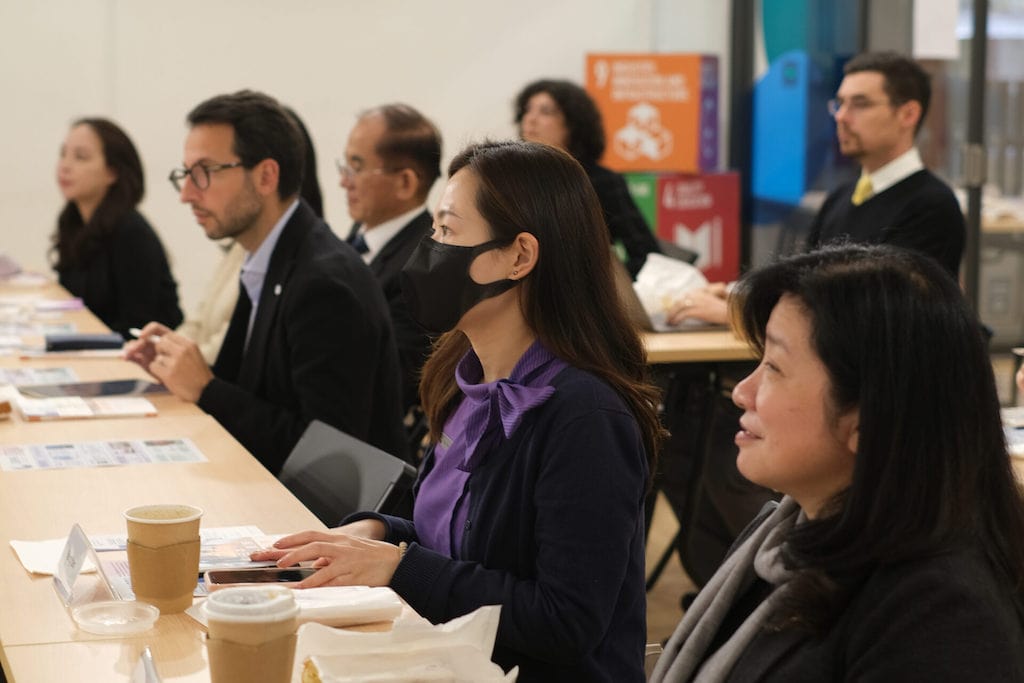
Tatsuoka Group’s model can be emulated elsewhere to ensure that rapidly aging populations receive proper care. “Perhaps by myself, I cannot do much,” Mr. Ohmori said. “But hopefully Tatsuoka Group can be a pioneer so that one day we can all reach a brighter future.” His recent book, Tatsuoka Group’s Standard in Human Care: A Rich, Full Life, Lived in the Community, published in Japanese, English, and Chinese, further details how the group’s philosophy has made a difference in the lives of elderly people in Japan.
Reflecting on the philosophy of Tatsuoka Group, CAPRI’s guests highlighted challenges surrounding long-term care and demographic aging in Taiwan and elsewhere, such as the disproportionate burden of caregiving on women and inequitable access to care. The fruitful discussion reinforced the importance of achieving accessible and affordable care as well as a policy and economic infrastructure that supports a growing population of older people as well as the families and professionals caring for them.
